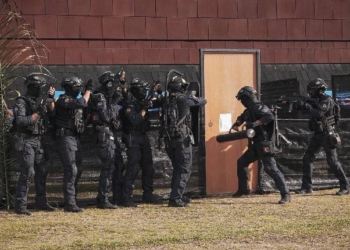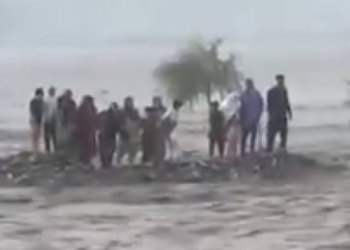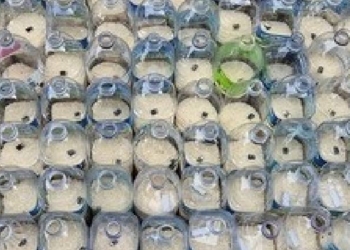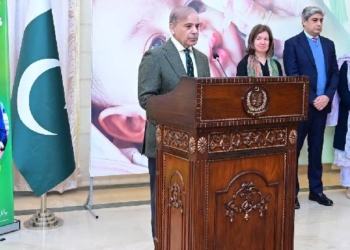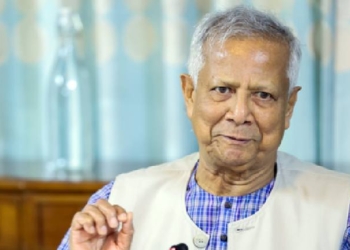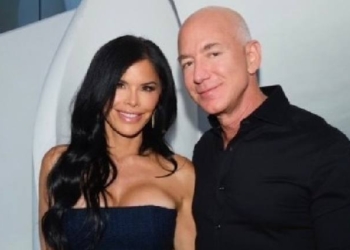New York: An Indian-origin man has been convicted of murder for ramming his car into a vehicle resulting in the deaths of three teens who were fleeing after one of them allegedly exposed himself at his house as a prank, according to media reports.
Anurag Chandra, 45, was found guilty in a Riverside court in California on Friday on three charges of murder in the deaths of three teens and attempted murder for the three teens who survived after their car was hit by his, the Press-Enterprise reported.
On a Sunday evening in January 2020, the group of teens were playing a prank and picked Chandra’s home as they thought teens lived there, the newspaper said.
One of them rang the doorbell of the house and pulled down his pants to expose his backside, the newspaper reported.
Chandra testified in court that he thought that the teen was sex offender and feared for his 16-year-old daughter and his wife, it reported.
He said that he followed the teen, who got into a car with the five others, and chased them to “express my anger” but not hurt them, the newspaper said.
According to authorities and the teen driver Sergio Campusano interviewed by NBC, Chandra’s car hit their car from the back and it hurtled off the road and hit a tree in Temescal Valley, about 100 km from Los Angeles.
Chandra drove at a speed of almost 160 kmph in a 64-kmph zone, according to police.
NBC Los Angeles reported that Campusano said that one of the boys rang Chandra’s doorbell and ran back to their vehicle as part of a prank known as “doorbell ditch” or “ding-dong ditch”.
The prank is to harass strangers by ringing their doorbell and running away.
Chandra, who admitted to drinking 12 beers before the incident, could face a sentence of life without parole when he is sentenced in July, according to Press-Enterprise.
The newspaper said that Chandra was the vice president of a company that distributes “essential oils” — plant extracts used as a scent or in aromatherapy.
The verdict was given by a jury — a panel of citizens under California’s legal system that decides on cases.
(IANS)




